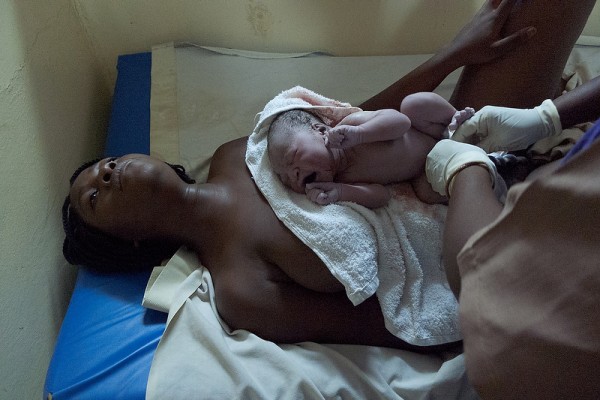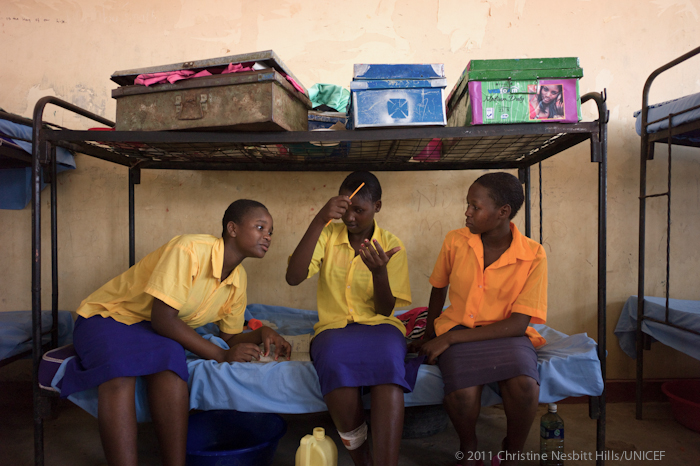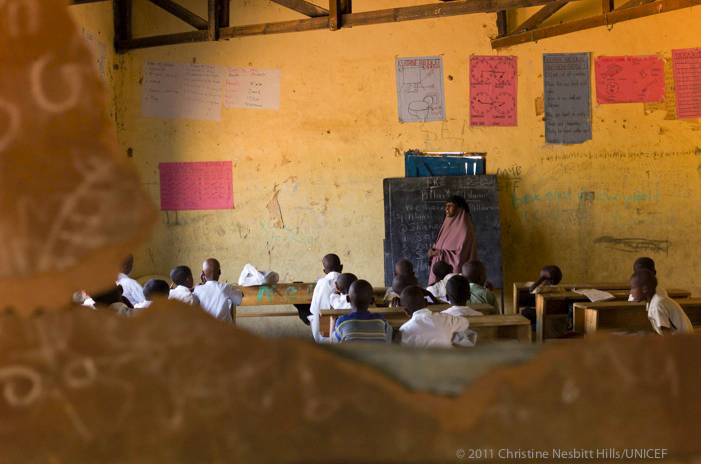During my time working as a photographer in sub-Saharan Africa, a recurring theme has been the documentation of HIV/AIDS. Initially much of this work told the stories of the virus’ devastation in communities and it’s effects on their societies. Many of these stories told of the challenges of accepting one’s HIV-positive status and the implications of denial.
This short film outlines the goals and proposed working methods of the African Woman Alliance.
Maternal and child health care in the Eastern Cape, South Africa
In South Africa, maternal mortality has more than quadrupled over the past decade. Women in rural areas bear the brunt of these statistics due to lack of transport, and inaccessible facilities. It seems likely that South Africa may not achieve the Millennium Development Goals relating to a declining maternal and under 5 mortality rate.
Paediatric HIV/AIDS in Zambia
Towards an AIDS-FREE Generation is a long-term project based on a narrative framework using photographic and audio documentation, focusing on paediatric HIV/AIDS, documenting the lives of several women as they participate in a programme preventing their unborn babies becoming infected with HIV in rural and urban Zambia.
Boarding education in Kenya’s North Eastern Province
Kenya — North Eastern Province has the lowest rates of education and literacy in the country according to a demographic and health survey completed in 2009. Only 22% of women and 59% of men in the North eastern Province have received any education at all. Only one in five women in North Eastern Province can read compared to 85% at the national level. Still, there have been major strides forward since 2003 when only 7% of women and 29% of men had received any education.
Yusuf Adow, embracing education
Kenya — Yusuf Adow, a single orphan, transited from a mobile school in Bura district to the Najah boarding primary school in Garissa. At Hajah, learners go to both formal education and Quranic classes at the school, making it a preference for nomadic families. Yusuf came fourth out of forty class 2 learners in an examination assessment.



